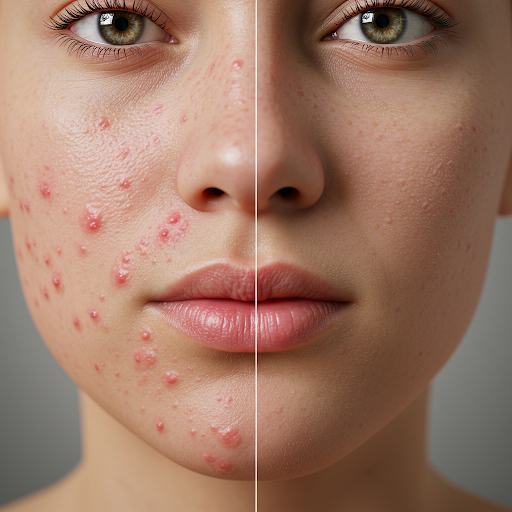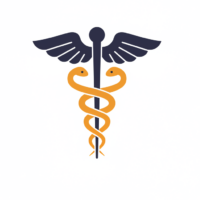
The Ultimate Guide to Acne Medication: Finding the Right Treatment for Clear Skin
Dealing with acne can be both frustrating and overwhelming, especially with so many treatment options available. From over-the-counter solutions to prescription medications, understanding what works best for your skin can make all the difference. In this comprehensive guide, we’ll break down the most effective acne medications, how they work, and tips to maximize their benefits.

Understanding Acne: Causes & Types
What Causes Acne?
Acne develops when hair follicles become clogged with oil (sebum) and dead skin cells, leading to breakouts. Common causes include excess oil production, bacteria (Propionibacterium acnes), clogged pores from dead skin buildup, hormonal changes such as those during puberty, menstruation, or stress, and diet or lifestyle factors like high sugar and dairy intake.
Types of Acne
| Type | Appearance | Common Locations |
| Comedonal Acne | Blackheads & whiteheads | Forehead, nose, chin |
| Inflammatory Acne | Red, swollen pimples | Face, chest, back |
| Cystic Acne | Deep, painful cysts | Jawline, cheeks |
| Hormonal Acne | Breakouts near period | Chin, jawline |


Common Acne Medications & How They Work
Over-the-Counter (OTC) Treatments
| Medication | How It Works | Usage | Side Effects |
| Benzoyl Peroxide | Kills bacteria, reduces inflammation | Apply 1-2 times daily | Dryness, peeling |
| Salicylic Acid | Exfoliates, unclogs pores | Found in cleansers/toners | Mild irritation |
| Sulfur | Reduces oil, unclogs pores | Spot treatment | Dryness, odor |

Lifestyle Tips for Clearer Skin
| Skincare Routine | Diet & Lifestyle |
| Cleanse – Gentle face wash 2x daily. | Eat skin-friendly foods – Reduce dairy, sugar, processed foods. |
| Hydrate – Drink plenty of water. | Get enough sleep – Helps with skin repair. |
| Protect – Always apply sunscreen. | Keep your bedding clean – Wash pillowcases regularly. |


When to See a Dermatologist
While mild to moderate acne can often be managed with over-the-counter treatments, some cases require professional medical attention. You should consider seeing a dermatologist if:
If your acne is:
✘ Over-the-counter treatments aren’t working – If you’ve been using OTC acne products consistently for several weeks and haven’t seen improvement, a dermatologist can recommend stronger prescription treatments tailored to your skin type.
✘ Your acne is severe, painful, or cystic – Deep, painful cystic acne can lead to scarring and is difficult to treat with standard topical treatments. A dermatologist can prescribe oral medications like antibiotics, hormonal treatments, or isotretinoin (Accutane) for long-term relief.
✘ You are experiencing acne scarring – If you notice dark spots, pitted scars, or post-inflammatory hyperpigmentation (PIH) after breakouts, a dermatologist can provide treatments such as chemical peels, laser therapy, or micro needling to improve skin texture and tone.
✘ You suspect hormonal acne – If your acne worsens around your menstrual cycle, appears primarily along the jawline and chin, or doesn’t respond well to standard treatments, hormonal therapies like birth control pills or spironolactone might be recommended by a doctor.
✘ You are experiencing unusual side effects – If an acne medication is causing excessive irritation, burning, allergic reactions, or other concerning side effects, a dermatologist can adjust your treatment plan to minimize discomfort while maintaining effectiveness.
Successfully managing acne requires patience, consistency, and the right treatment plan. Whether you’re using over-the-counter remedies or prescription medications, sticking to a regular skincare routine and making healthy lifestyle choices can help keep breakouts under control. If acne persists, worsens, or affects your confidence, don’t hesitate to seek professional guidance from a dermatologist.

